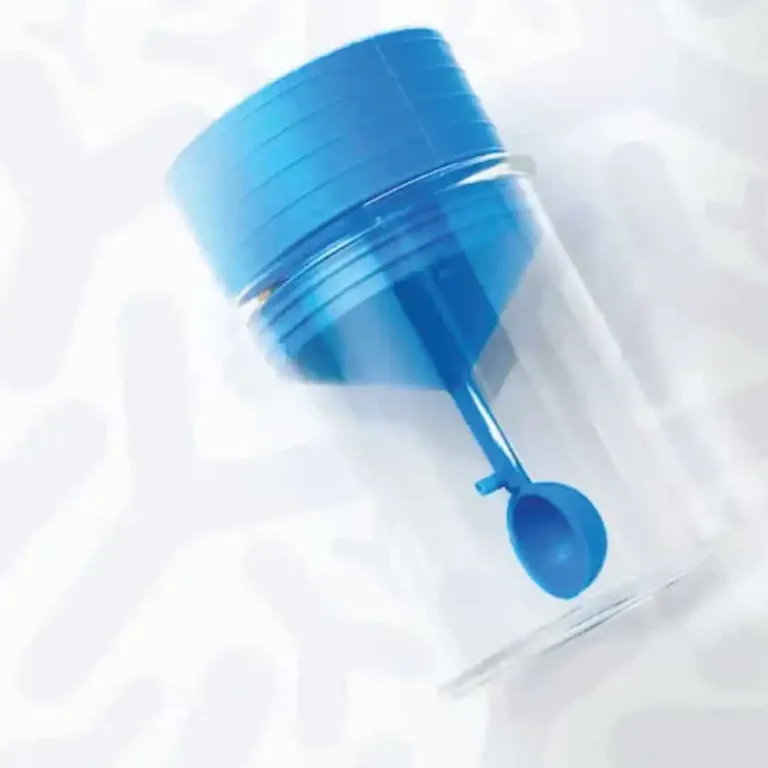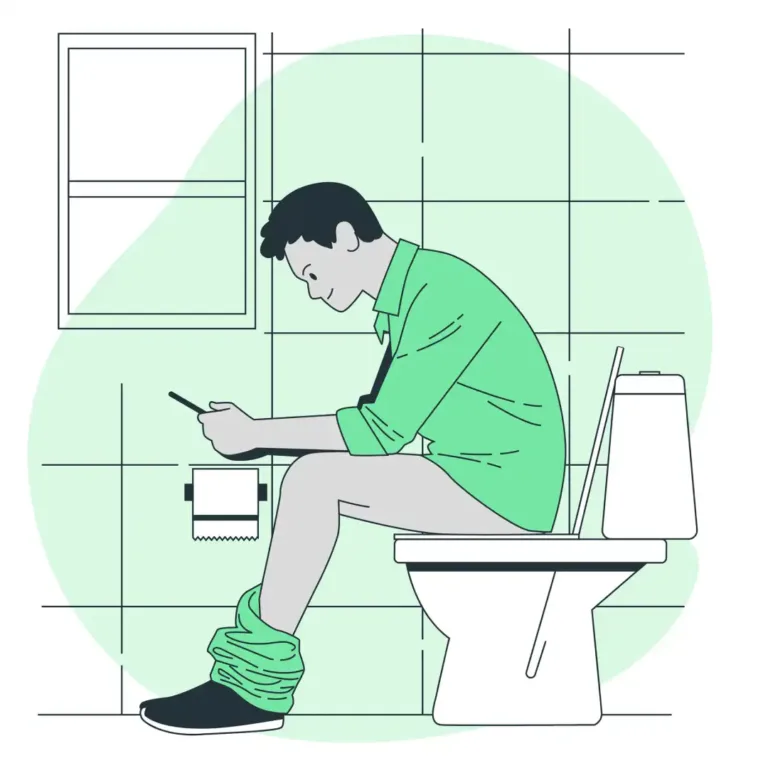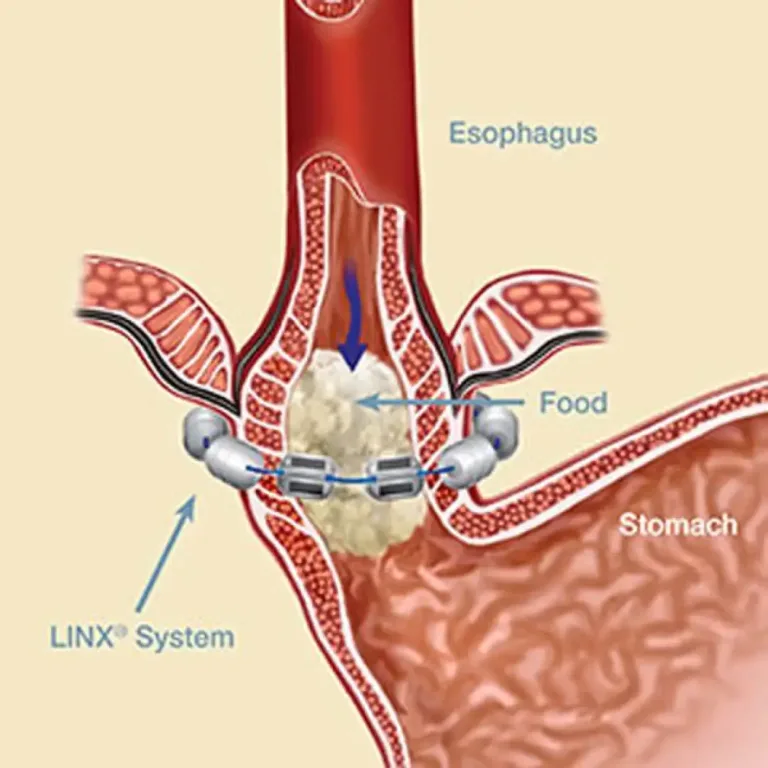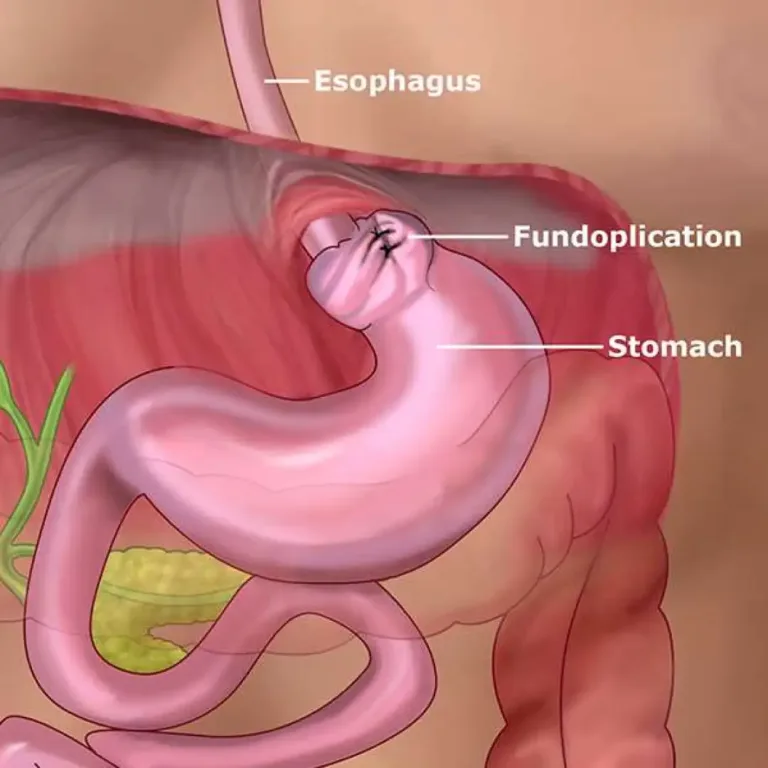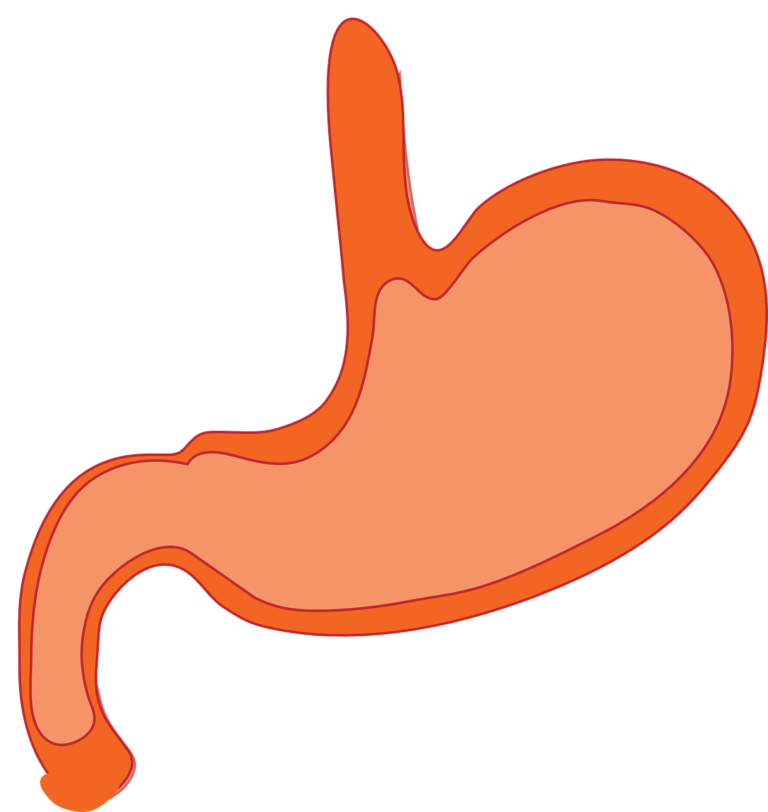Q: What is rectal bleeding?
A: Rectal bleeding refers to the passage of blood through the anus or in the stool. It can be a sign of various underlying conditions, ranging from minor issues such as haemorrhoids and anal fissures to more serious conditions such as colon cancer.
Q: What is blood in stool?
A: Blood in stool refers to red or black blood in the stool. It can be an indication of rectal bleeding, which can be caused by a variety of conditions.
Q: What are the causes of rectal bleeding?
A: The causes of rectal bleeding can include haemorrhoids, anal fissures, inflammatory bowel disease, diverticulitis, polyps, colorectal cancer, and infections, among others.
Q: What are haemorrhoids?
A: Hemorrhoids are swollen veins in the anus and lower rectum. They can cause discomfort, bleeding, and itching.
Q: What are anal fissures?
A: Anal fissures are small tears in the lining of the anus that can cause pain, bleeding, and discomfort during bowel movements.
Q: Is rectal bleeding always a sign of colon cancer?
A: No, rectal bleeding is not always a sign of colon cancer. Many other conditions can cause rectal bleeding, including haemorrhoids, anal fissures, and inflammatory bowel disease.
Q: What are some treatments for rectal bleeding?
A: Treatment for rectal bleeding will depend on the underlying cause. It may include lifestyle changes, such as increased fibre intake, topical creams, medications, or surgery.
Q: What are the symptoms of rectal bleeding?
A: Symptoms of rectal bleeding can include bright red blood in the stool, dark or black stool, abdominal pain, cramping, and changes in bowel movements.
Q: Is rectal bleeding a serious condition?
A: Rectal bleeding can be a sign of a serious condition, such as colon cancer, and should be evaluated by a healthcare professional. However, it can also be caused by less serious conditions such as haemorrhoids or anal fissures.
Q: How can I stop rectal bleeding?
A: The best way to stop rectal bleeding will depend on the underlying cause. For minor cases caused by haemorrhoids or anal fissures, treatments such as sitz baths, over-the-counter creams, and increased fibre intake may help. However, it is important to seek medical attention if rectal bleeding persists or worsens.
